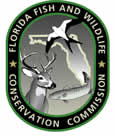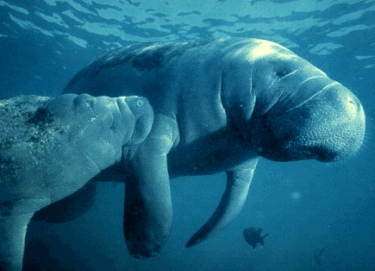
|
|
|
|
|
|
|
 |
|
 |
|
|
|
|
Our site is 256 bit SSL SECURED. SSL (Secure Socket Layer) is the industry standard for viewing and sending sensitive information
on an internet browser. Click on the SSL image below see our site report.
|

|
|
|
 |
|
 |
|
|

|
 |
|
 |
|
|
|
|
 To
report manatee harassment, injuries, deaths or orphaned calves, please contact the Florida Wildlife Conservation (FWC) Resource Protection
Resource Protection hotline at 1-(888)-404-FWCC (3922). To
report manatee harassment, injuries, deaths or orphaned calves, please contact the Florida Wildlife Conservation (FWC) Resource Protection
Resource Protection hotline at 1-(888)-404-FWCC (3922).
Florida Spearfishing Regulations
Spearing is defined as “the catching or taking of a fish by bow hunting, gigging, spearfishing, or by any device used to capture a fish by piercing its body. Spearing does not include the catching or taking of a fish by a hook with hook and line gear or by snagging (snatch hooking).”
Spearfishing is defined as “the catching or taking of a fish through the instrumentality of a hand or mechanically propelled, single or multi-pronged spear or lance, barbed or barbless, operated by a person swimming at or below the surface of the water.”
The use of powerheads, bangsticks, and rebreathers remains prohibited. The following is a list of species that are prohibited for harvest by spearing. Any other species not listed that are managed by the Commission, and those species not managed by the Commission, are allowed to be harvested by spearfishing.
Billfish (all species)
Spotted eagle ray
Sturgeon
Manta ray
Sharks
Bonefish
Tarpon
Goliath Grouper
Snook
Blue Crab
Nassau grouper
Spotted seatrout
Red drum
Weakfish
Stone Crab
Pompano
African pompano
Permit
Tripletail
Lobster
Families of ornamental reef fish (surgeonfish, trumpetfish, angelfish, butterflyfish, porcupinefish, cornetfish, squirrelfish, trunkfish, damselfish, parrotfish, pipefish, seahorse, puffers, triggerfish except gray and ocean)
You May NOT Spearfish (Excluding bowhunting and gigging):
Effective July 1, 2001, spearfishing of marine and freshwater species in freshwater is prohibited. Possession of a spear gun in or on freshwater is also prohibited.
Within 100 yards of a public swimming beach, any commercial or public fishing pier, or any part of a bridge from which public fishing is allowed.
Within 100 feet of any part of a jetty that is above the surface of the sea – except for the last 500 yards of a jetty that extends more than 1,500 yards from the shoreline.
In Collier County and in Monroe County from Long Key north to the Dade County line.
For any fish for which spearing is expressly prohibited by law (listed above).
In any body of water under the jurisdiction of the Environmental Protection,Recreation and Parks. (Possession of spearfishing equipment is prohibited in these areas, unless it is unloaded and properly stored.)
Fishermen who catch and/or sell fish harvested by spearing are subject to the same rules and limitations that other anglers in the state are required to follow.
 Manatee Rules Manatee Rules
- Do not pursue or chase a manatee when you encounter one while you're swimming, snorkeling, diving or operating a boat.
- Never poke, prod or stab a manatee with your hands, feet or any object.
- If a manatee avoids you, you should avoid it.
- Give manatees space to move. Don't isolate or single out an individual manatee from its group, and don't separate a cow
and her calf. Even a few moments of separation could result in loss of communication which could be fatal.
- Don't attempt to snag, hook, hold, grab, pinch or ride a manatee.
- Please respect these gentle giants, their one and only threat is humans.
- Use snorkel gear when attempting to watch manatees. The sound of bubbles from SCUBA gear may cause manatees to
leave the area.
- Float at the surface of the water to passively observe the manatees.
- Fines up to $100,000 can occur if the rules are ignored.
- It is your duty to report any harassment or misfortune of these awesome creatures.
|
 |
If you need additional information or have questions,
we can be reached at our Contact Us page or visit our
Sign Up page.
|
 |
|
|
|
|
|
 |
|
 |
|

|